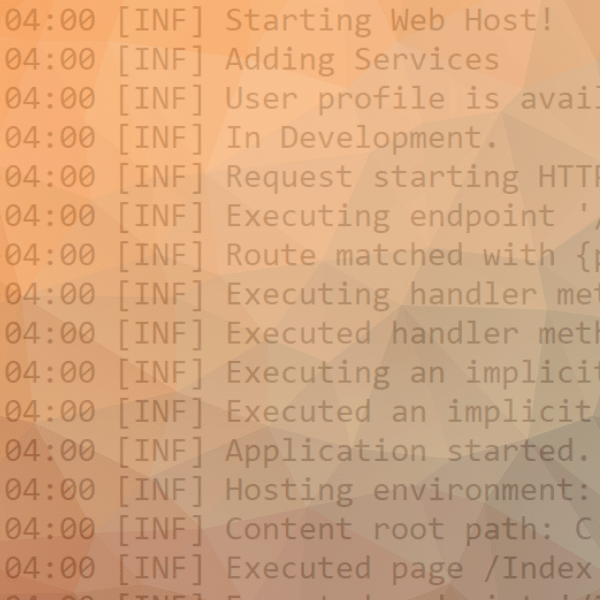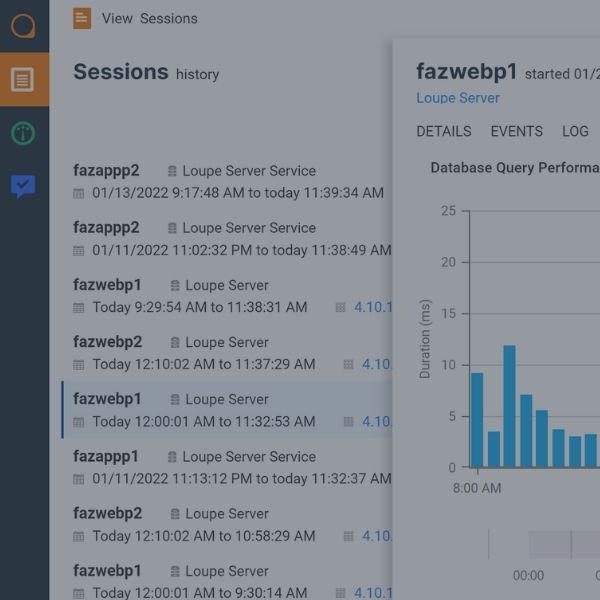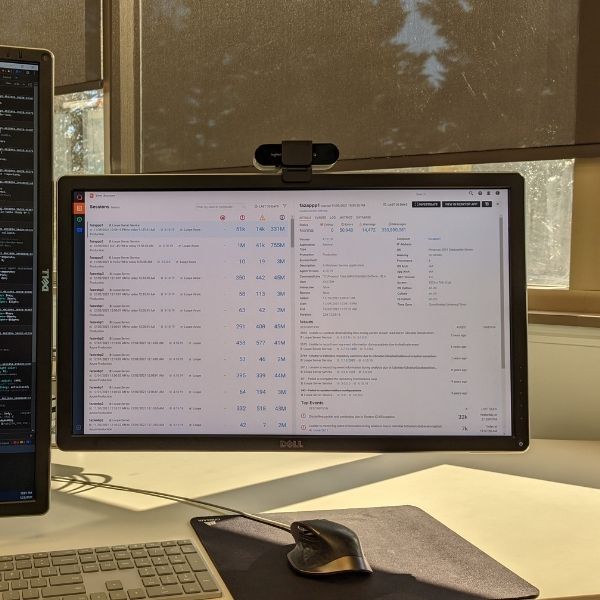-
What Data Should You Include in a Log? It Depends.
You know what you should be logging, and you know your logging framework. But do you know what data you should include in those logs? In this article, we will look at some real logs, their data, and discuss how the log sink can affect the data requirements for effective logging.
Read More -
Centralized Log Viewing in Loupe 5: What's Changing?
Loupe View is by far the most used module in Loupe 4, and we expect Loupe 5 to have a similar distribution. So, let's take a look at the View module in Loupe 5, including a brand new UI, metric data tracking, and more!
Read More -
I've Been Using Loupe 5 for a Month. What is it like?
I've been doing my regular work using Loupe 5 the past month. At first, I just figured it would be a good way to get a realistic user experience with the software. Now, I’m just using it because it’s faster for me to do my job, thanks to the new UI. Here, I’ll show you the features I regularly use in the Loupe 5 test build, giving you a sneak...
Read More -
Microsoft Extensions Logging and Flexibility on .NET 6
Last year, I wrote this article explaining why Microsoft.Extensions.Logging(MEL) is one of our favorite Logging APIs for .NET. With the release of .NET 6, our stance hasn't changed. We still believe MEL is the best logging architecture for most .NET projects.
Read More -
What's Coming in Loupe 5
Version 5 is a big step forward with Loupe debuting a modularized web UI, a new module, improved Agent and Client connectivity, enhanced web API, and more. New usability enhancements make it easier for your team to adopt Loupe, tailoring it to fit your needs. The new modular approach helps onboarding new team members too, all helping make Loupe indispensible!
Read More




